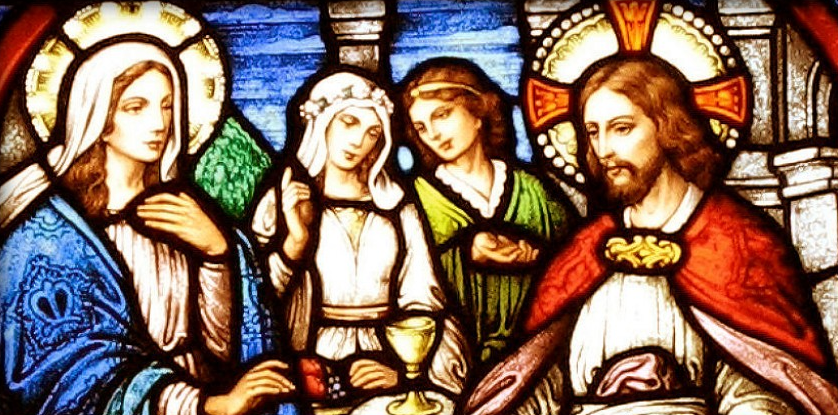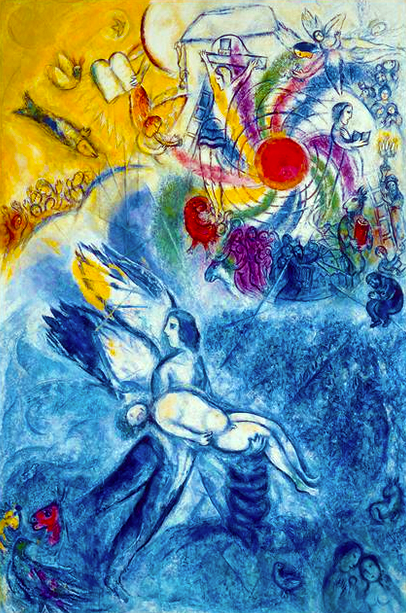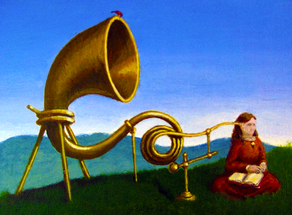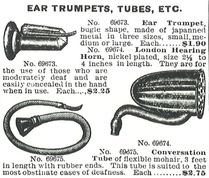However, there is another brand of being opinionated that surfaced that I do fall into. This is generalizing from my own experience or my own knowledge of others, making that into a sentence that says “Most people in this category are like this.”
Generalizing from this discussion, I realize that I, myself, and many others are opinionated when we leap from our own experience to huge generalizations as in “my family was of this ethnic background. All, say, Italians, were so proud of being of that ancestry. “All”? Why not “many” or “probably most.”
I am trying to catch myself in the interests of truth being higher than freedom of bias!

With forgiveness of the real flaws of the other, not the flaw of just not being perfect which was an illusion, comes seeing the other as a funny little creature and laughing at the same things we used to hate each other for.






































 RSS Feed
RSS Feed